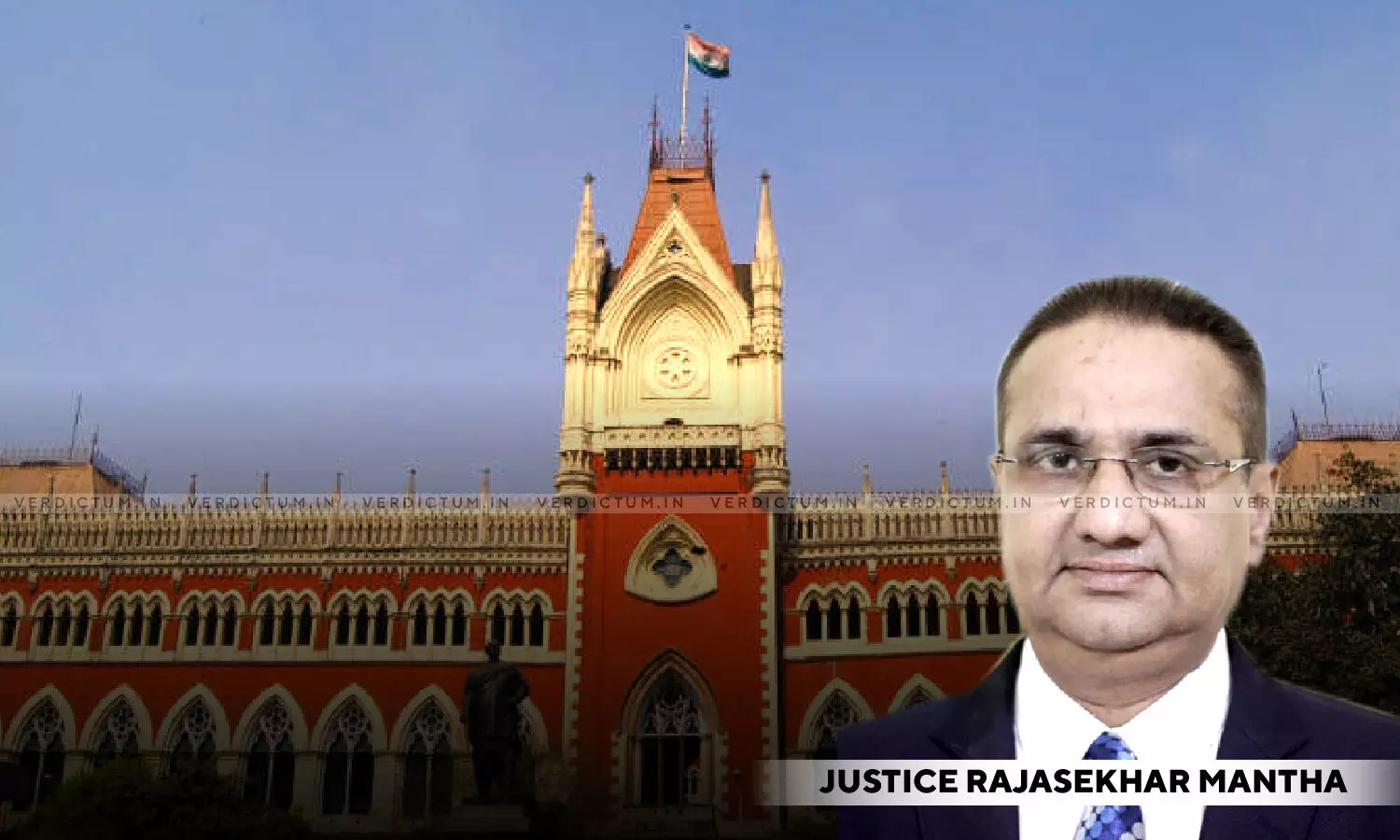
"Deemed Public Interest": Calcutta HC Directs Govt. To Accept Doctor’s Resignation To Contest Parliamentary Elections
 |
|The Calcutta High Court directed the government to accept a doctor’s resignation to contest the Parliamentary Elections holding that there is a deemed public interest in a person seeking to contest in an election and to be a representative of the people
The Court clarified that although the petitioner was bound by Clause 14 of Appendix 5 of the West Bengal Service Rules (Rules), “relief under Article 226 of the Constitution of India can always be moulded by the High Court.” the Court further stated that the absence of prayers and pleadings were only fatal where “a Rule or law is invoked wholly unconnected with or alien to the facts and circumstances pleaded in the writ petition.”
A Single Bench of Justice Rajasekhar Mantha observed, “On the issue of public interest being the primary consideration under Clause 14, apart from the same being directory, this Court is of the view that when any person seeks to contest an election to the post of a public representative, he is deemed as a person seeking to represent the public at large. There is, therefore, deemed public interest in a person seeking to contest in an election and to be a representative of the people.”
Advocate Billwadal Bhattacharyya represented the petitioner, while Advocate Amal Kumar Sen appeared for the respondents.
The petitioner, a serving doctor with a Government Medical College and Hospital, had tendered his resignation to contest in the Parliamentary Elections. In the meantime, the petitioner also approached the High Court to direct the Government to accept his resignation application.
The petitioner had submitted that if the Government delayed accepting his resignation, then he would not get enough time to campaign. On the contrary, the Government raised objections stating that they were “not even given breathing time” to respond to the application.
The primary contentions raised by the Government was that the petitioner had suppressed material facts regarding his previous study leave, which was granted for two years. According to the Government, the petitioner's failure to disclose this information raised questions about his eligibility for resignation without fulfilling obligations under the Rules.
The Court was of the view that the petitioner had not suppressed any material facts. The Court found the petitioner bound by Clause 14 of Appendix 5 of the Rules, which outlined the conditions for resignation or retirement after study leave.
Since the petitioner was willing to refund the specified amount in Clause 14, the Court directed the Government to accept the petitioner’s resignation within 48 hours.
Accordingly, the High Court disposed of the writ petition.
Cause Title: Dr. Pranat Tudu v. The State of West Bengal & Ors
Appearance:
Petitioner: Advocates Billwadal Bhattacharyya, Sayak Chakraborti, Anish Kumar Mukherjee and Wrickbrata Roy
Respondents: Advocates Amal Kumar Sen and Ashima Das